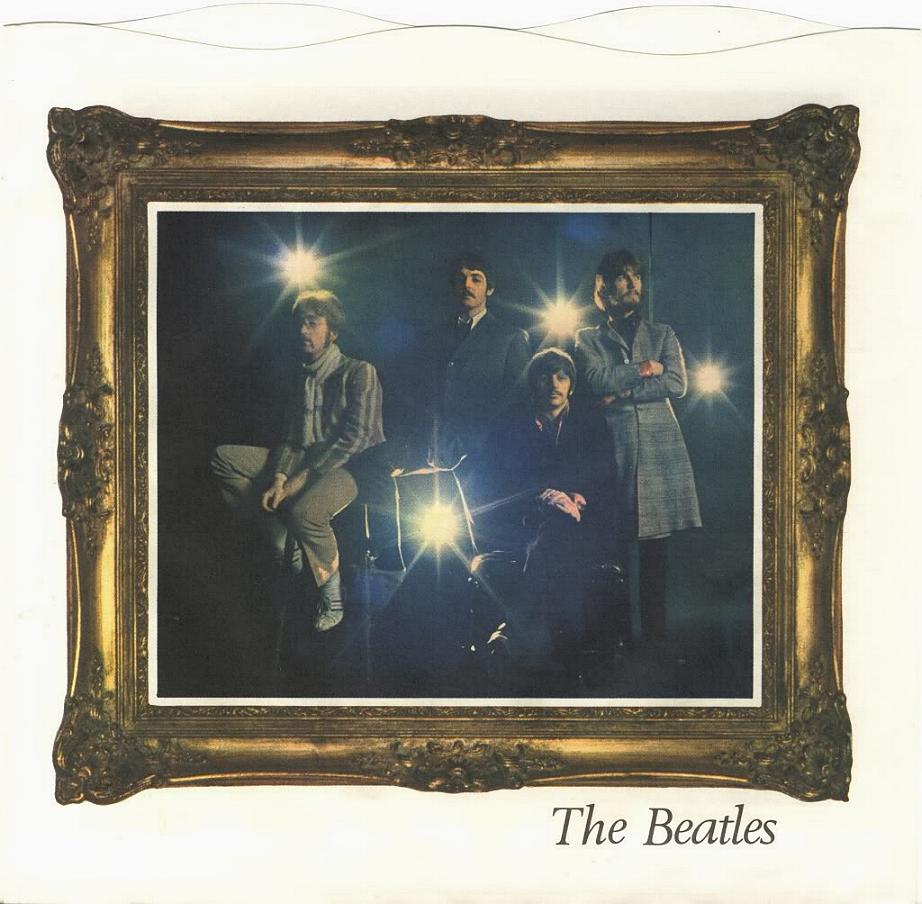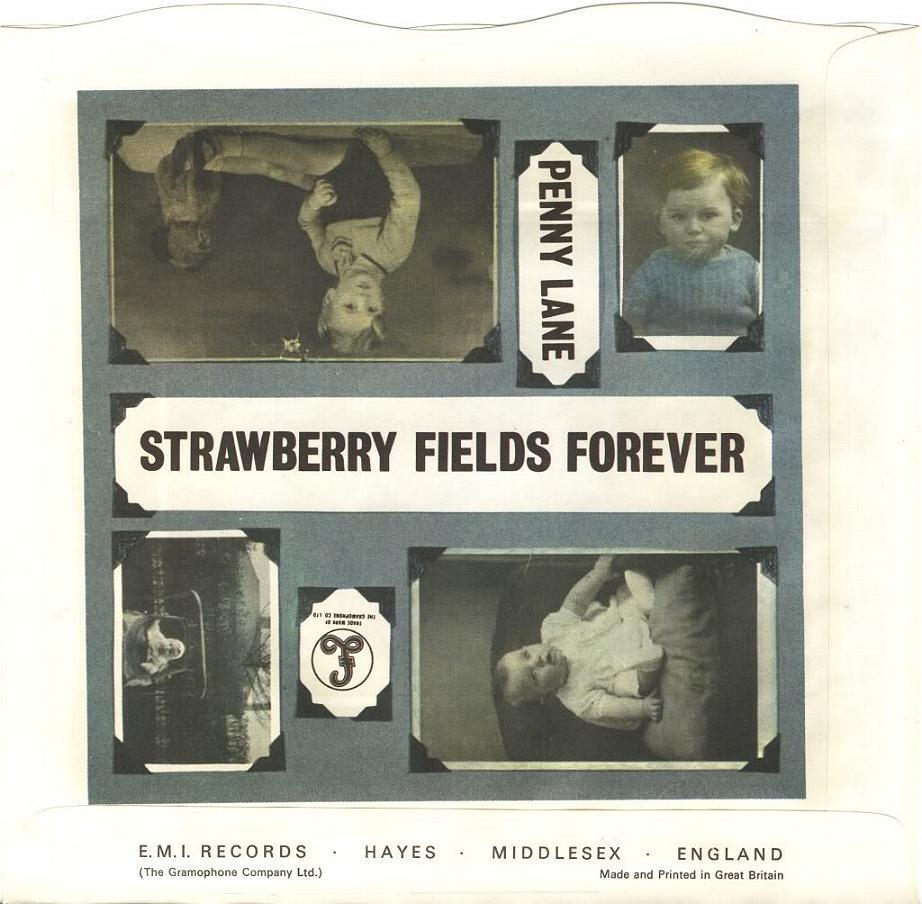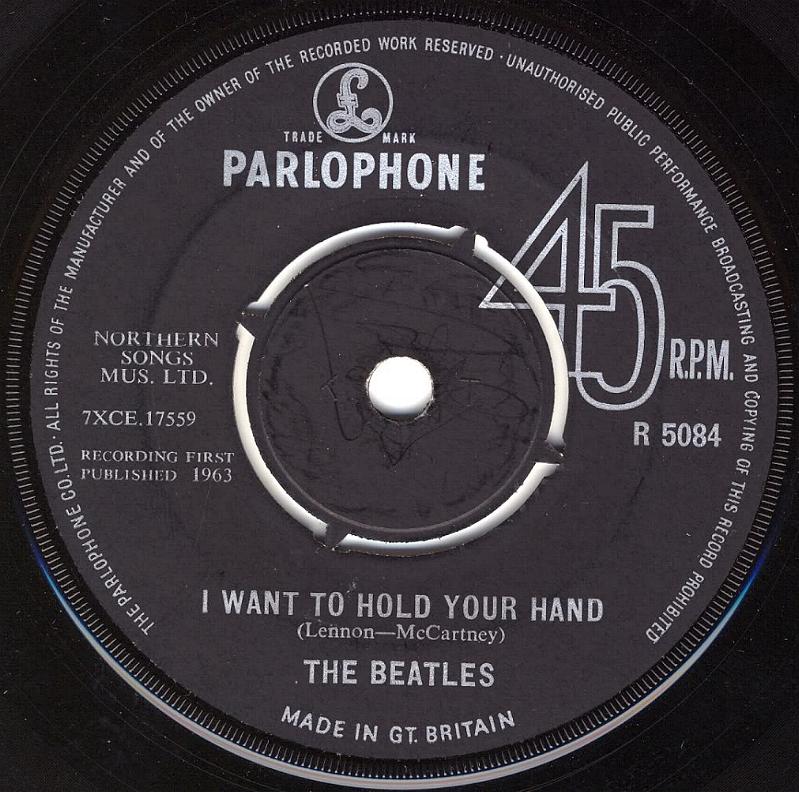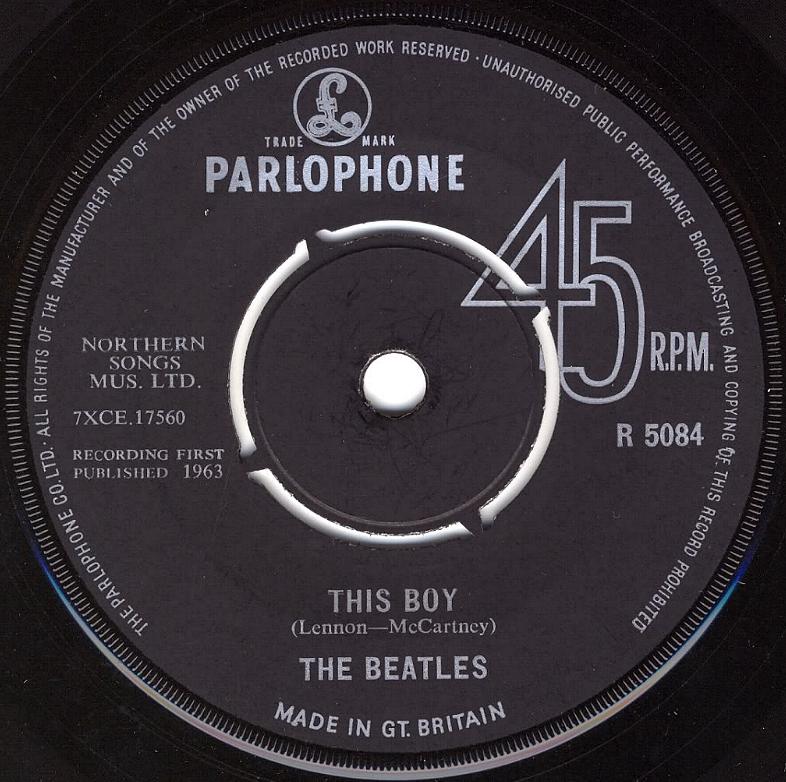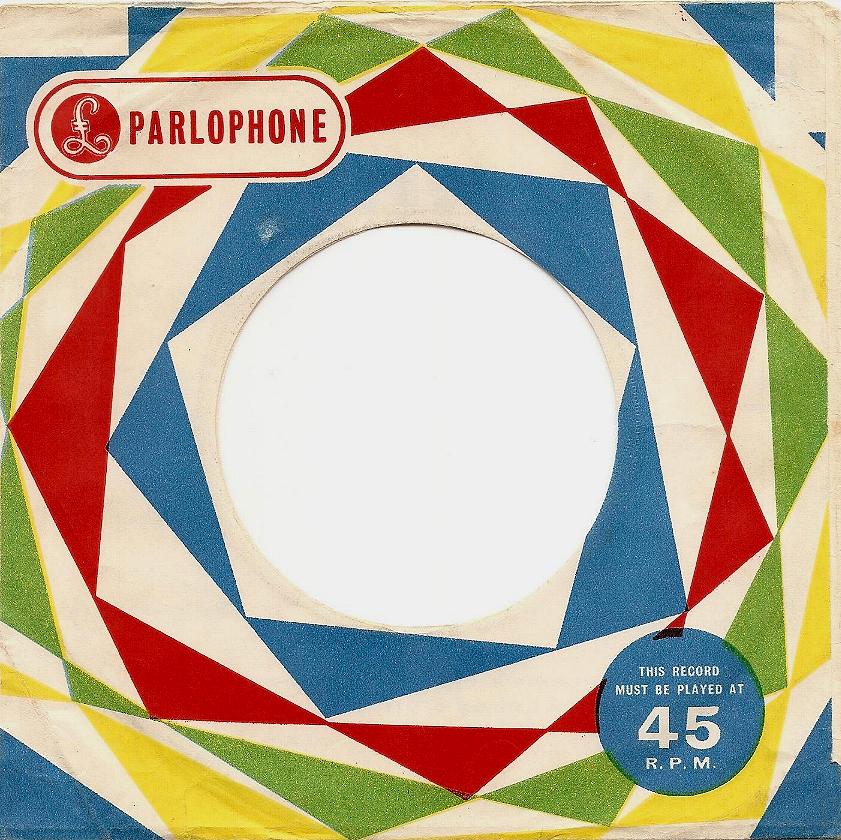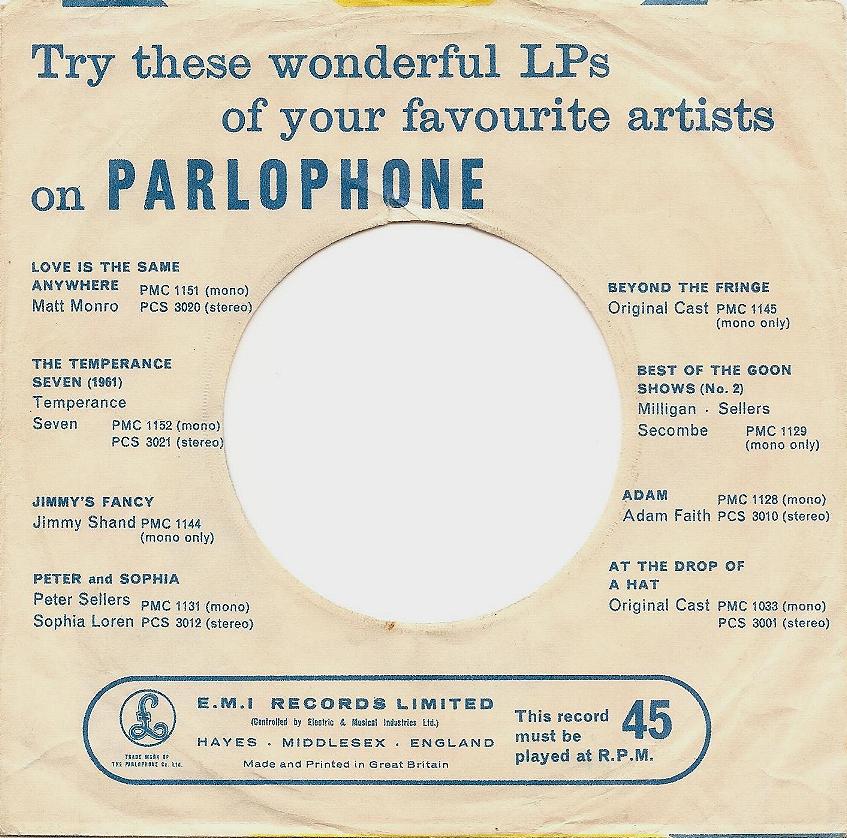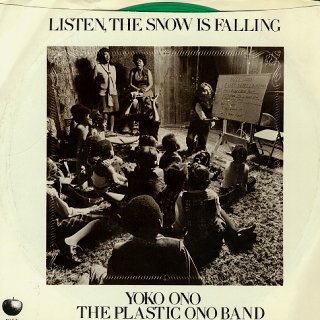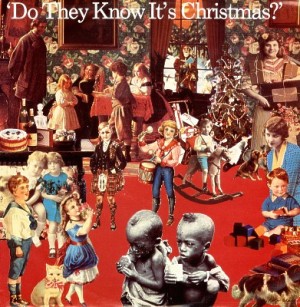Bellaccord Electro, generally known as Bellaccord, is a record label founded in Latvia. After the invasion of Latvia by the Soviet Union in 1940, the company produced records under the labels Rīgas skaņuplašu fabrika (1940-41 and 1945-57), Baltija (1957), Līgo (1958-61) and Melodija (1961-64). Company was founded in the spring of 1931 in Riga on Kalntsiema street 40. Its founder was Helmar Rudzītis (Helmārs Rudzītis) - owner of the largest book publishers in Latvia "Gramatu draugs."
In 1920 the name of Rudzitis echoed over the country - he was the owner of the largest book publishers in Latvia, but later suddenly decided to start a new business. In 1931, to him went a famous Latvian opera singer, who had just returned from a tour in Germany.
"He told me that there is a great excitement about records. "And why don't we start producing records in Latvia? - He suggested to his friend. - In Germany, there are people willing to help."
Premises for the future enterprise were bought soon after - in Kalnciema street 40. It was much more difficult to get modern equipment. In the end, it was bought in Germany sound equipment company Neumann, now engaged in the production of high-quality professional microphones.
"I came up with the name - "Bellacord - Electro ", - says Rudzītis. - The first word is meant to be a great sounding records, the second - that they are released for the electronic equipment."
However, the first records were far from perfect. Squeak, squeak. Rudzītis changed one sound engineer after another until he got what he wanted. In 1934 in an exhibition at Stockholm Latvian records were also represented. "And could you play anything?" - Asked the Prince Gustav Albert, who was among the visitors. "Gorgeous" - he said after listening and shook Rudzitis' hand. "I did not wash her for a week", - said the head of the factory.
Quality of Riga records was noticed two years later at an exhibition in Brussels. There the entrepreneur from Latvia met the famous gypsy artist Morfessi, an immigrant from Russia.
On the "Bellacord" label mostly released dance music which then enjoyed the highest demand. As for the songs, in the beginning the company focused on the Latvian audience - national recording artists. Later Rudzītis met Russian Petr Leshchenko and offered to sign for "Bellacord."
The success was enormous. Records with the singer soon resounded around the world: in Bucharest, Berlin, Paris, New York, Shanghai. Experts noted particularly "phonogenic voice," and those envious of Leshenko called him "singer for records" (meaning his skill showed more in a studio than on the stage).
Popularity came not only to him, but also to the authors of his songs: Oscar Strok, Mark Maryanovsky.
In November 1940, the factory was nationalized, but the name «Bellacord Electro» held out after nationalization and was replaced by a featureless RZG (Riga factory records) label only in 1950. Records released in 1940/41 are easily identified by the letters "NU" in the upper part of the label, that stand for "nationalized company", as well as by usage of prerevolutionary (old fashioned) Russian spelling of the inscriptions. Postwar labels contain a notice stating that the record belongs to the relevant ministry. In 1950 the factory was called «Baltija», then «Līgo» - which is a traditional Latvian celebration on the summer solstice - Midsummer Day, similar to Russian Ivan Kupala. Amongst Russian collectors, these labels are called "The Seagull" as the image of the trademark is reminiscent of the bird. In August 1961, the company was renamed «Melodija» Records and released under this label until June 1964. After that all records published in Latvia went under the "Melody" label.

 Examples of labels as from 1940/41 to 1950
Examples of labels as from 1940/41 to 1950











